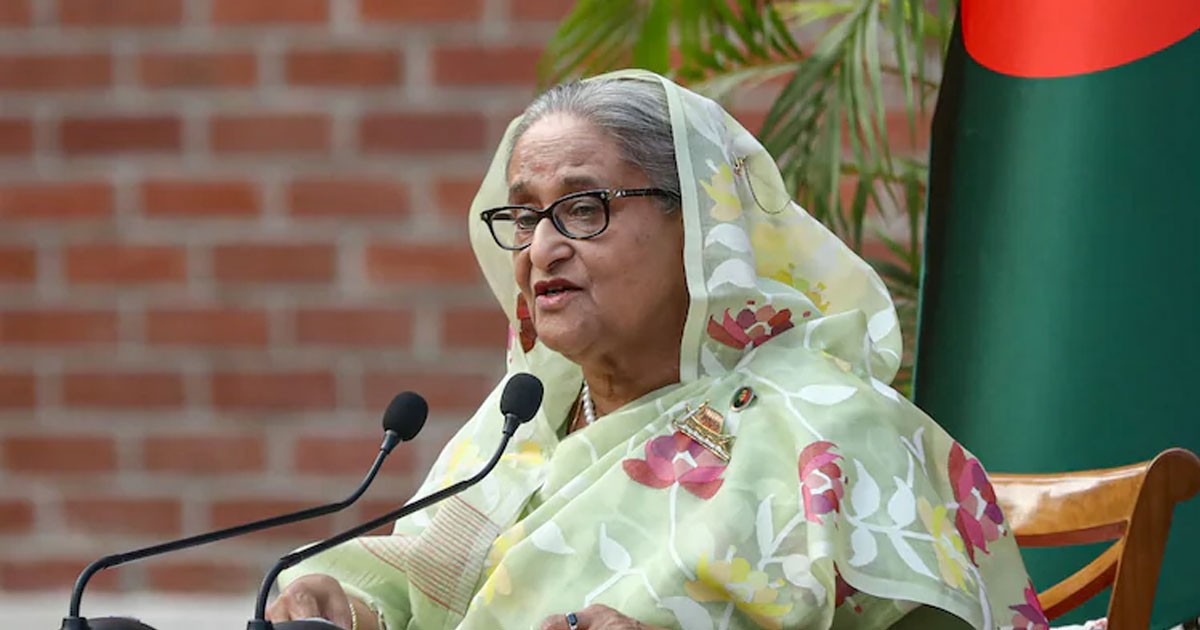
Bangladesh is at a crossroads as Prime Minister Sheikh Hasina’s dramatic resignation leaves the nation in uncertainty. The political landscape has been upended, and the question of who will be the next leader hangs heavily in the air.
The Resignation: Sheikh Hasina, who had been in power for 15 years, stepped down amid escalating clashes between police and anti-government protesters. The protests, initially sparked by civil service employment quotas, quickly spiraled into a nationwide campaign for her ouster. The death toll from the clashes reached at least 300, with over 90 fatalities on a single Sunday.
The Military’s Role: The military played a decisive role in pressuring Hasina to resign. Army chief General Waker-uz-Zaman confirmed her departure, leading to jubilation among crowds on the streets. The Ganabhaban, the prime minister’s official residence in Dhaka, was stormed by protesters even before the official announcement. The military’s intervention came as the prospect of a violent confrontation loomed large.
Student-Led Protests: What began as peaceful student demonstrations against civil service job quotas evolved into a massive campaign of protest and civil disobedience. Hundreds of thousands of protesters took to the streets, swelling to millions by Monday. Their demands for Hasina’s ouster resonated with a population eager for change. The Awami League party, which Hasina led, faced mounting pressure as public anger intensified.
The Path Forward: The military has announced the formation of an interim government and new elections. Negotiations are underway with various political players, including student protest coordinators and civil society groups. The younger generation, steeped in the tradition of student activism, has shown remarkable leadership in challenging the regime. While the situation remains tense, the passion for restructuring the state is palpable, hinting at a swift resolution.
As Bangladesh awaits clarity on its political leadership, the nation grapples with uncertainty. The next prime minister’s identity will shape the country’s future, and the eyes of millions remain fixed on the unfolding events.
The resignation of Prime Minister Sheikh Hasina has left Bangladesh in a state of flux. The military’s intervention, student-led protests, and negotiations for an interim government all contribute to the uncertainty. The younger generation’s passion for change may hold the key to Bangladesh’s next chapter.
